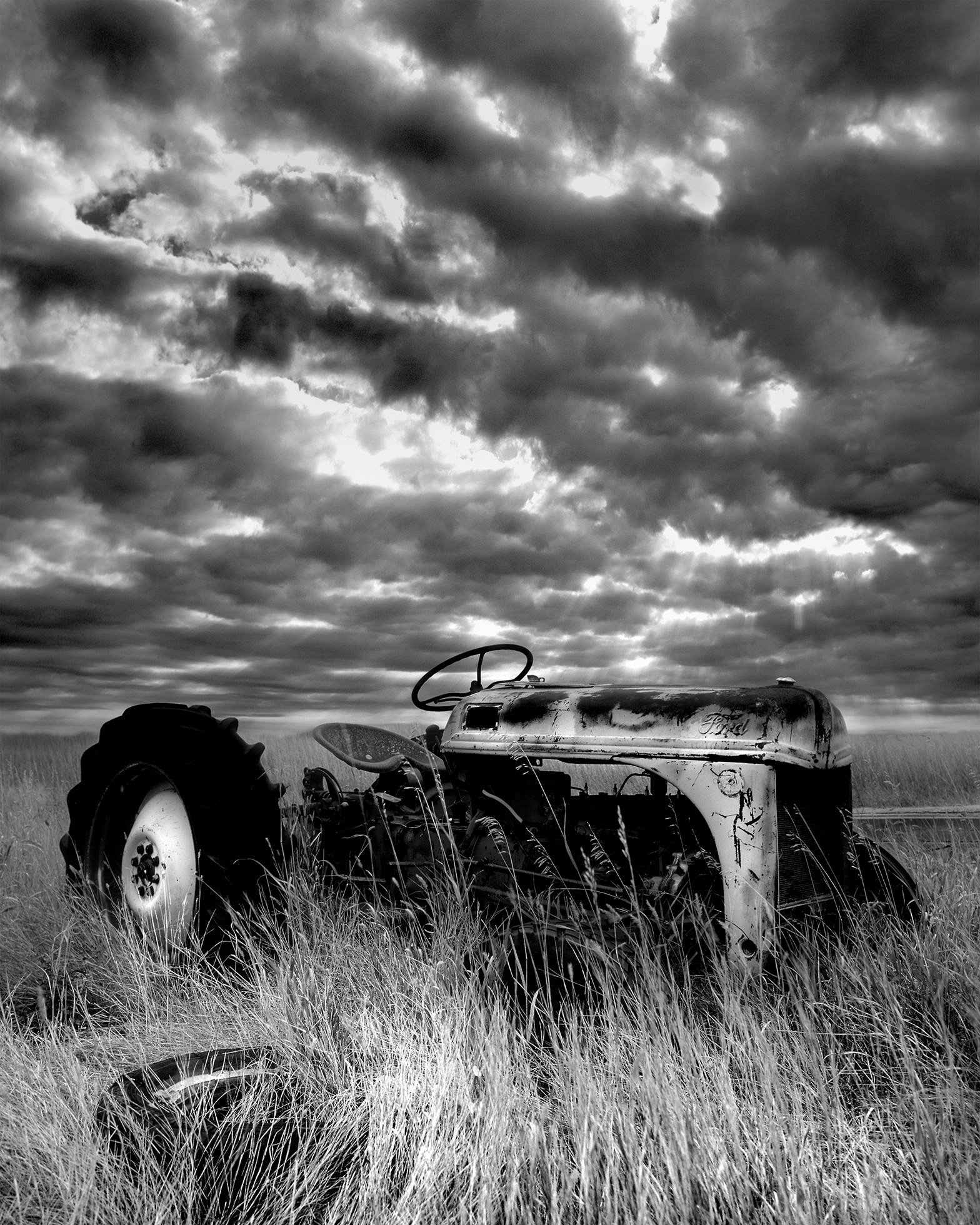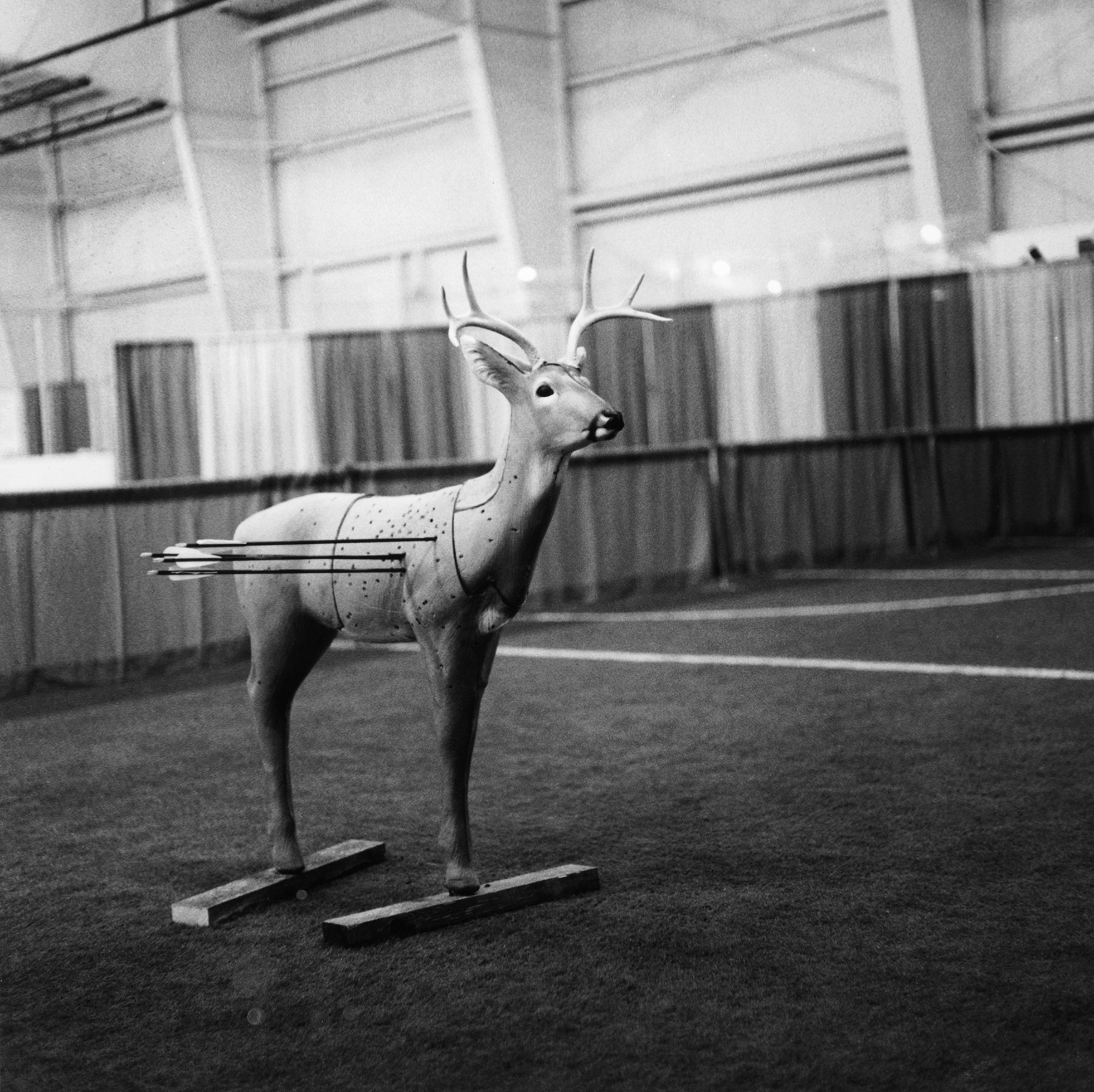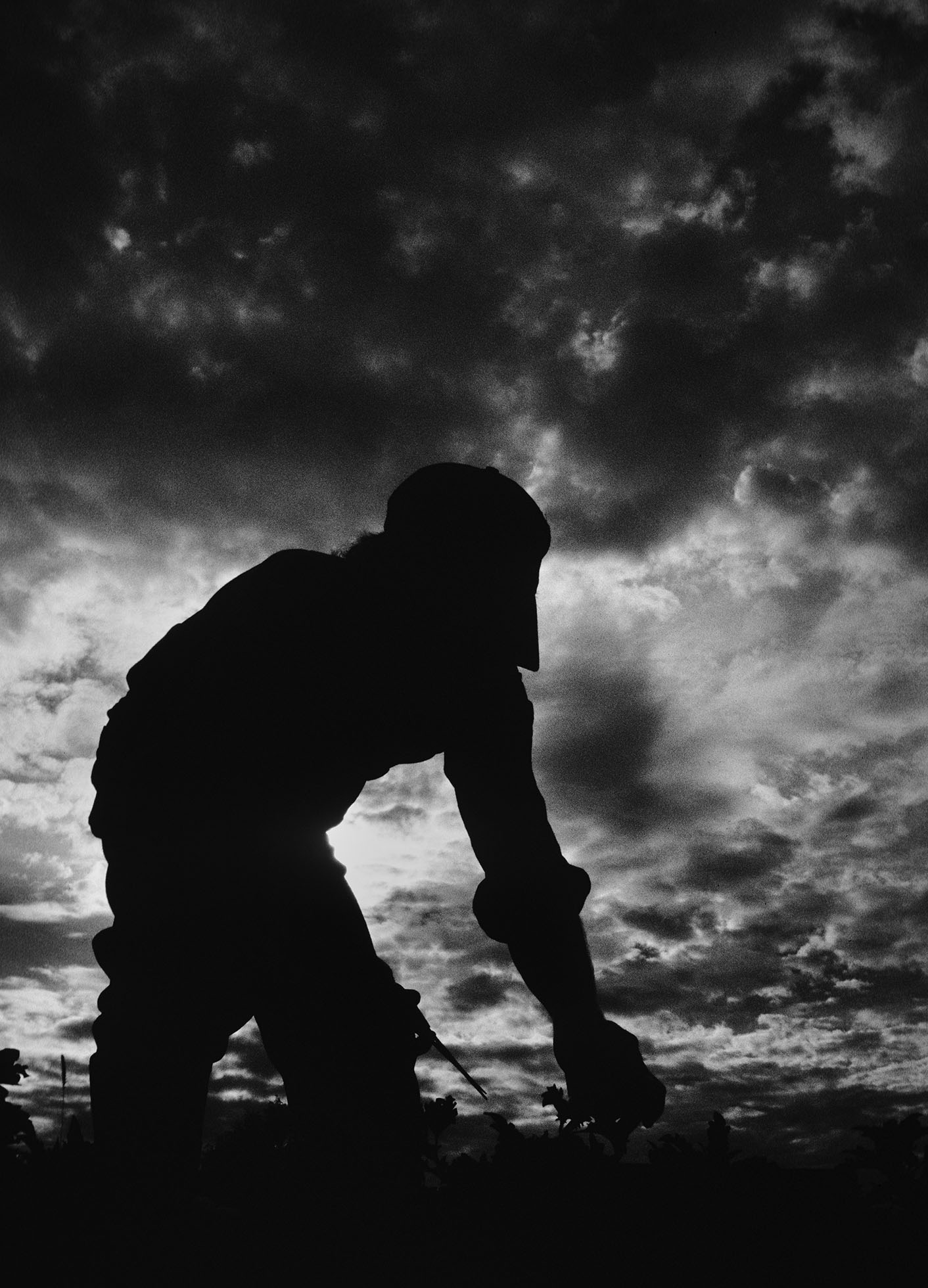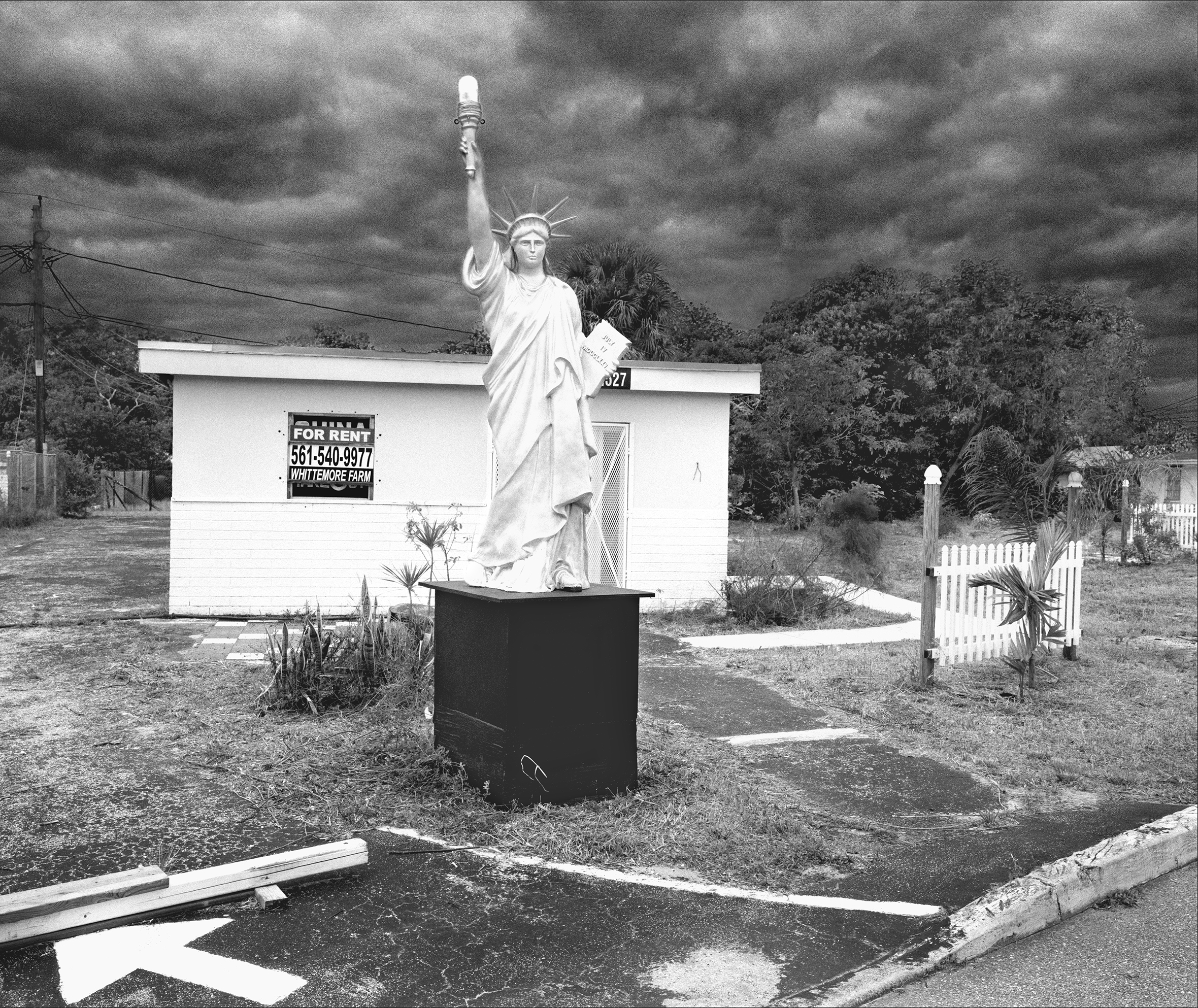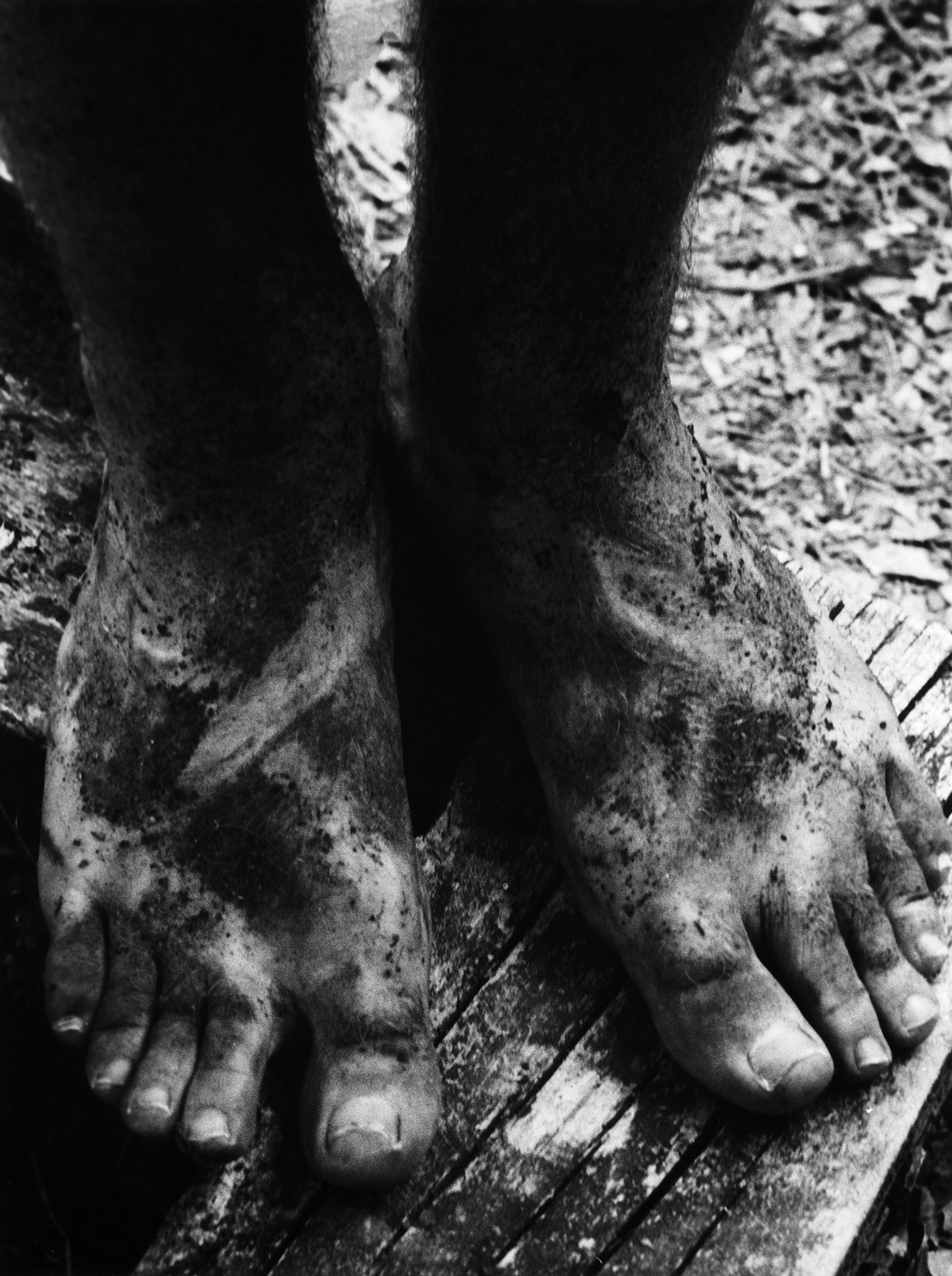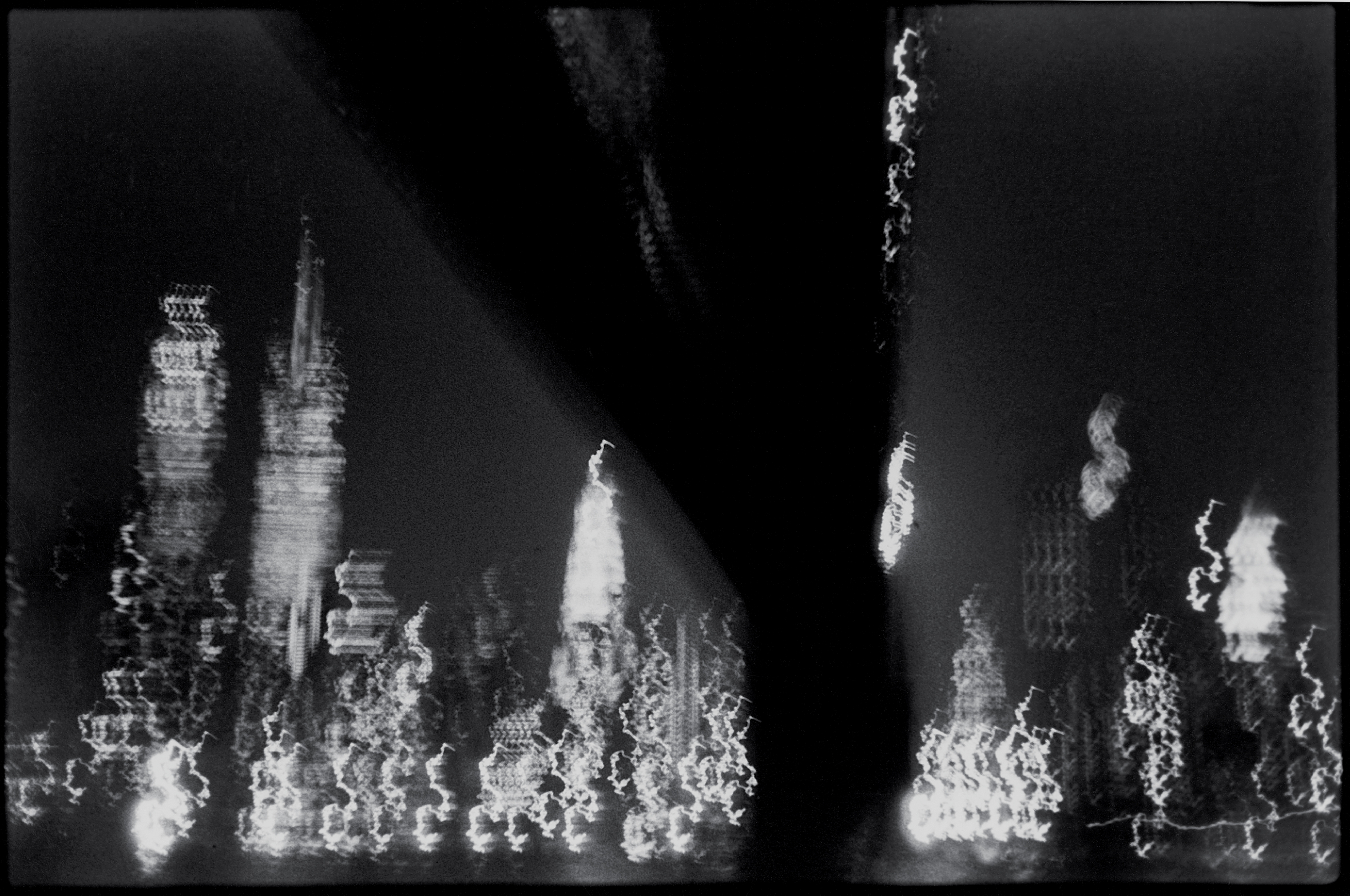Browse Topics
Sustainable Living
Farmed Out
Wes Jackson On The Need To Reinvent Agriculture
We must turn our attention to the water and the soil and ask, “How do we insure that the bread we eat does not come from grains that are grown in eroding soil and that load our water with nitrogen and pesticides?” Soon people will realize that annuals are poor managers of soil nutrients and water, and that agriculture will need to turn to perennials to better manage those resources.
October 2010The Bright Green City
Alex Steffen’s Optimistic Environmentalism
I love the idea that there is a proper technique to living on this planet. For too long we’ve had this romantic notion that nature’s perfect, and humanity has fallen from grace, and there’s really no way to be a human being and not abuse nature. But if we view how we live on the planet as a matter of technique, we can see ourselves not as evil but as ignorant. These things are happening because of our poor choices, not because of our nature. We can make better choices. The future isn’t already written.
April 2010The Good Hunter
David Petersen On The Ethics Of Killing Animals For Food
My point is that, in our culture, in order to even entertain the idea of an ethical predator, the observer must approach the subject with an open mind. Ethical hunting is predicated on dignity and respect: Dignity in our private thoughts and public words as well as in our actions afield when, as hunter Aldo Leopold pointed out, nobody is watching us. And respect, not only for the animals we hunt, their habitats, and the greater natural world, but also for ourselves as hunters and human animals. Carry those two blessed burdens in your heart, and you will do no moral wrong as a predator.
December 2009The Sincerest Form Of Flattery
Janine Benyus On The Virtues Of Imitating Nature
Our mission, in both our business and our nonprofit, is to increase respect for the natural world. Creating more-sustainable products and processes is just an extension of that. To learn from nature, you have to become involved with what Wes Jackson calls the “deep conversation.” To learn how to take carbohydrates and water and turn them into a fiber as strong as steel, as a spider does, you go to a spider and respectfully ask, “How are you doing that?” Then you go and try to do it yourself. And when you fail — it’s very hard to do! — you go back to the organism and ask again.
September 2009Table For Six Billion, Please
Judy Wicks On Her Plan To Change The World, One Restaurant At A Time
You hear more lately about the concept of “food miles” — how far food travels to get to your plate. To most people fewer food miles just means that it’s fresher, but others are starting to make the connection to carbon emissions, though I don’t think that’s the primary reason people buy local. I think the local-food movement is more concerned with nutrition and community connection: people want to meet the farmers who grow their food, and they know that local food tastes better and is healthier and more nutritious.
August 2008Digging In
Wendell Berry On Small Farms, Local Wisdom, And The Folly Of Greed
The human definition of the natural world is always going to be too small, because the world’s more diverse and complex than we can ever know. We’re not going to comprehend it; it comprehends us. The question is whether we can use it with respect. Some people in the past who knew very little biology were able to use the land without destroying it. We, who know a great deal of biology, are destroying our land in order to use it.
July 2008Bridging The Green Divide
Van Jones On Jobs, Jails, And Environmental Justice
“Eco-apartheid” is a situation in which you have ecological haves and have-nots. In other words, if you are in the San Francisco Bay Area, and you visit Marin County, you’ll find hybrid vehicles, solar panels, organic food, organic everything. If you then get in your car and drive twenty minutes, you’ll be in west Oakland, where people are literally choking on the fumes of the last century’s pollution-based technologies. That’s eco-apartheid, and it’s morally wrong, because we should deliver clean jobs and health benefits not just to the wealthy, but also to the people who need them most. Eco-apartheid doesn’t work on a practical level either, because you can’t have a sustainable economy when only 20 percent of the people can afford to pay for hybrids, solar panels, and organic cuisine, while the other 80 percent are still driving pollution-based vehicles to the same pollution-based jobs and struggling to make purchases at Wal-Mart.
March 2008Going Underground
Paul Stamets On The Vast, Intelligent Network Beneath Our Feet
A mycelial “mat,” which scientists think of as one entity, can be thousands of acres in size. The largest organism in the world is a mycelial mat in eastern Oregon that covers 2,200 acres and is more than two thousand years old. Its survival strategy is somewhat mysterious. We have five or six layers of skin to protect us from infection; the mycelium has one cell wall. How is it that this vast mycelial network, which is surrounded by hundreds of millions of microbes all trying to eat it, is protected by one cell wall? I believe it’s because the mycelium is in constant biochemical communication with its ecosystem.
February 2008How Many Americans Does It Take To Change A Light Bulb?
Joan Ogden On The Nation’s Uncertain Energy Future
Getting back to the federal level: There is currently a suppression of politically unacceptable views on energy. For example, scientists who work on global warming are being told not to talk to the press. The Environmental Protection Agency issues an annual report on air pollutants and their impact. A few years ago, when the draft of the report included greenhouse gases — the kind that contribute to global warming — the information was pulled by the Bush administration.
August 2007